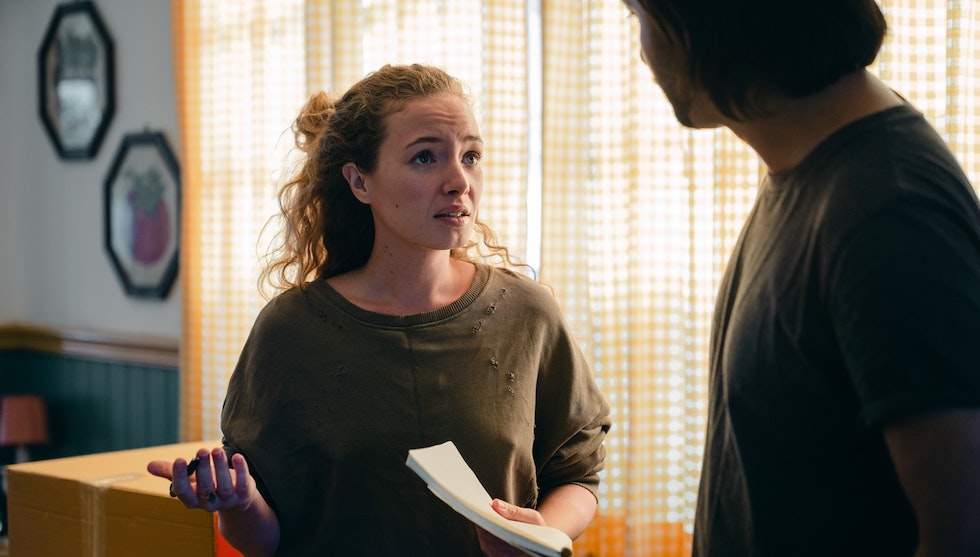Moving from military life to that of a civilian can be a tough journey. There are many Veteran Service Organizations (VSOs) and Veteran programs to help navigate the transition process. The GI Bill is the foremost among these programs, but navigating the bureaucracy of the Department of Veterans Affairs (VA) can be burdensome and leave Veterans in exposed positions.
When it comes to the world of education, Student Veterans are often classified as non-traditional students. They are often older and have a number of responsibilities that mean they do not fit the mold of the typical college student coming out of high school. Veterans will often have a career, family, or other obligations that prevent them from studying full time or require flexibility on the part of the school when it comes to attendance and scheduling. We have made note of the schools that are putting in the work to be Veteran-friendly. This report shows that there is still work that schools, as well as the VA, can do to better serve our Veterans.
A watchdog report has come out stating that 2,500 students were underpaid more than $624,000 during the school year of 2020-2021. This was reportedly due to the unusual calendars of non-traditional schools, often chosen by Veterans for their ability to accommodate non-traditional students. While this might sound like small fries for a system that manages $10 billion for 658,000 Student Veterans, it can mean a great deal for individual Veterans on the ground.
This shortfall often cost Veterans one or more months of housing support and while the economy is gradually recovering from lockdowns, many still find themselves in fragile and precarious positions. Our systems of support were not ready for Covid and many, including Veterans, had to dip into savings until the cavalry could arrive. For a Veteran, the cost of a couple of months of housing stipend could force tough financial decisions, including the value of education, just as new opportunities should be opening up.
The report identifies the issue in mistakes regarding the accurate reporting of data both by the schools and the Veteran Benefits Administration (VBA). The report calls for school officials to be better informed on the proper recording and reporting of information while calling on the VA to move from manual to automated data processing. This report highlights the need for Veteran-friendly schools that are familiar with the VA bureaucracy and have a forward view on how to ensure their Student Veterans are taken care of. While some fixes to the problem are expected to come by the end of this summer, the VBA has said it will take until late 2023 to fully rectify the issue.
This places Veterans in a vulnerable spot. GI Bill protections that extended additional housing support to many Veterans during lockdown will expire on June 1st. This could mean months and even a year during which Student Veterans might find themselves without the support they need to continue their education and enter the workforce.
These are benefits that have been earned through service and should not be constrained due to choice of school or obligations that come with being a Student Veteran. We have spoken out about the need to fix the housing allowance system for Veterans studying online. We have also spoken to lawmakers about how we can support Student Veterans after Covid and we will continue to function as a voice for Veterans in education.




